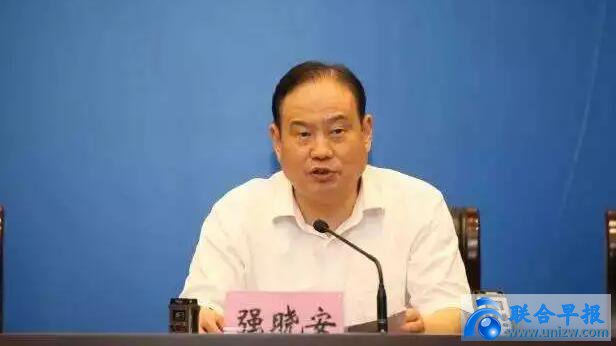Here, I apologize to everyone and sincerely accept your criticism.We will take seriously, sort out, research, and absorb the doubts, criticisms, opinions and suggestions from all walks of life in order to continuously improve our work.Recently, Qiang Xiaoan, deputy mayor of Xi'an, said in an interview with local media about the problem of ten-year car scrapping that has aroused social concern.

On the 23rd, the official websites of the Xi'an Public Security Bureau and the Xi'an Environmental Protection Bureau issued a notice on the prohibition and restriction of high-emission old cars (draft for comments) (hereinafter referred to as the draft for comments) issued by the Xi'an Environmental Protection Bureau of the Xi'an Public Security Bureauannouncement.Once the draft for comments is officially released, diesel vehicles registered before July 1, 2013 will be prohibited from entering the Third Ring Road (inclusive) of Xi’an City from the day of the announcement; from August 1, 2019, allHigh-emission old cars are prohibited from entering the Third Ring Road (inclusive) of Xi'an City and the main urban areas of the outer suburbs and counties.Starting from August 1, 2020, old and high-emission vehicles are prohibited from passing through the administrative area of Xi'an throughout the day.
The draft for comments also mentioned that high-emission old vehicles include: gasoline (natural gas) vehicles registered before August 1, 2008 and diesel vehicles registered before July 1, 2013.
After the release of the draft for comments, it immediately triggered heated discussions in the society. Many citizens in Xi'an expressed that they could not accept it and called it a ten-year car scrap.
Faced with social pressure, on the afternoon of July 24, Xi'an City held a media briefing on this. The leaders of the Xi'an Environmental Protection Bureau stated that this policy must be implemented and will not be cancelled.Local media in Shaanxi commented on this, saying that it was simple and violent, without explanation or explanation.
On July 26, Xi'an Municipal Public Security Bureau and Xi'an Municipal Environmental Protection Bureau issued a statement to solicit opinions on banning and restricting high-emission old cars.The explanation stated that Xi'an City will take seriously every suggestion and every message put forward by everyone, carefully study, sort out, and absorb carefully, continuously improve the work, and reach a consensus.
In this interview, Qiang Xiaoan said that because we did not think thoroughly and insufficiently before we issued the consultation, we acted too hastily, especially replacing the national phased emission standards with the vehicle registration period (10 years for gasoline vehicles and 5 years for diesel vehicles) (Gasoline vehicles (National Second Standard, Diesel Vehicle National Third Standard), and our staff were too impatient, too emotional, and poorly explained and communicated when answering questions, which also aroused heated discussions and doubts in the society. At the same time, caused publicconcerns.Here, I apologize to everyone and sincerely accept your criticism.
He said that we will take seriously, sort out, study and absorb the doubts, criticisms and suggestions from all walks of life in order to continuously improve our work.
We will strictly abide by laws and decision-making procedures when we introduce policies and measures related to people's livelihood, be cautious, and fully adopt everyone's opinions and suggestions.Finally, I sincerely thank the general public for their enthusiastic participation, and sincerely welcome everyone to continue to put forward good opinions and suggestions, so that we can introduce policies that are more respectful, in line with public opinion, and in line with public opinion.Qiang Xiaoan said.
Qiang Xiaoan was born in April 1964.He is a native of Xi'an, and his official career is only in Xi'an. He was elected as the deputy mayor in February last year.
He is responsible for industry and information technology, small and medium-sized enterprises, state-owned assets supervision, taxation, and environmental protection.



